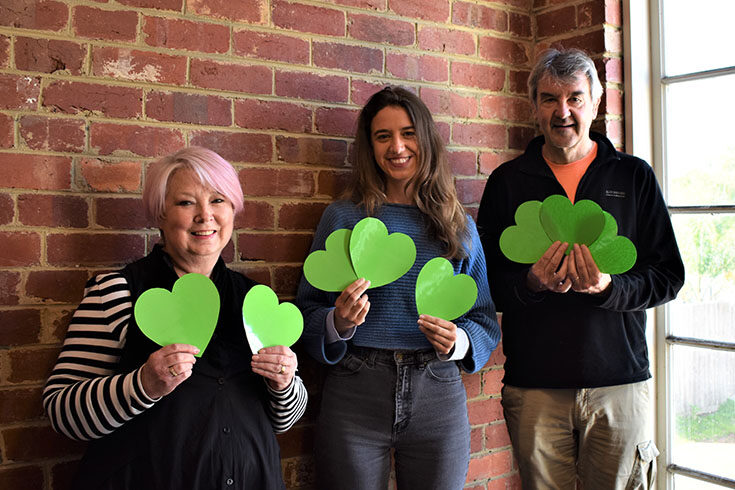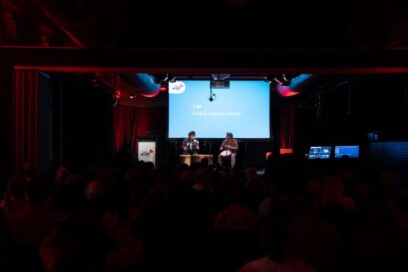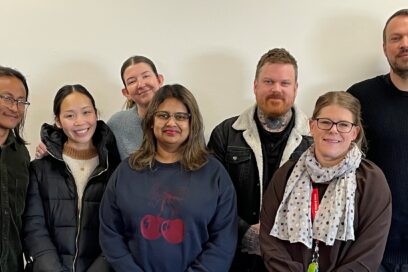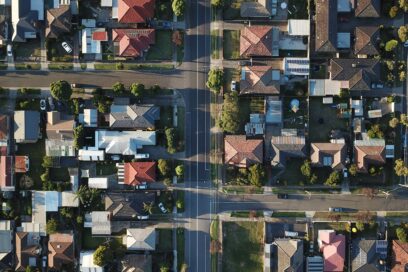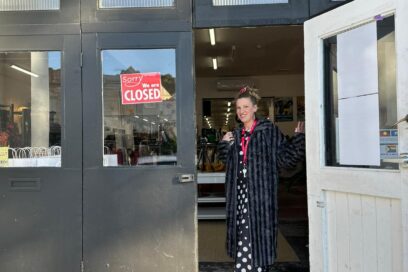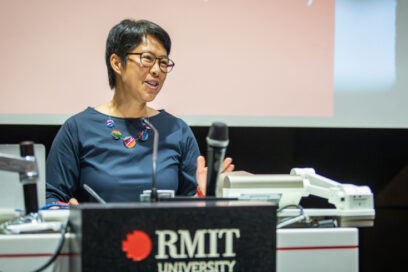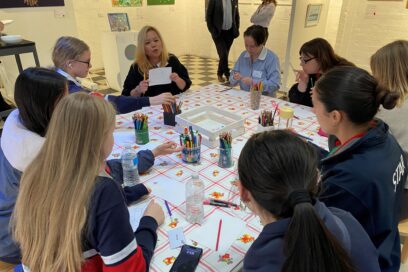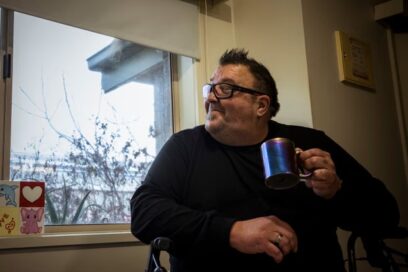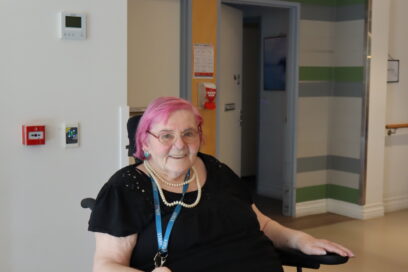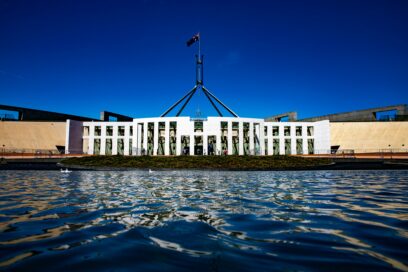GreenLight Heart outreach workers are helping hundreds of people who’ve experienced homelessness currently staying in Melbourne hotels during COVID-19 to adjust and find a future, permanent home.
GreenLight Heart, an extension of the GreenLight Supportive Housing Program, which was established in June 2020 to provide support to more than 300 rough sleepers temporarily living in hotels during COVID-19, into long-term housing.
In June, GreenLight Heart workers stepped in to assist with case management and support for people sleeping rough who’d been moved into hotels following a Victorian Government directive during the pandemic.
For many of the people dealing with complex trauma, health or mental health issues, this is the first time they’ve had a roof over their heads for an extended time and they’re relying on GreenLight Heart workers for a pathway to relevant support services.
GreenLight Heart Team Leader Shamus Goble says it’s impressive how Sacred Heart Mission has pulled together its GreenLight Heart Team from our existing services in a short period and managed to reach up to 115 people, across 17 hotels, in inner Melbourne since they’ve started.
The initiative has given Sacred Heart Mission greater scope to reach notoriously ‘difficult-to-reach people’ who’ve been living on the streets for a long time, and linking them into case management support to provide pathways to longer-term housing, such as our Journey to Social Inclusion (J2SI), GreenLight and other programs.
“Our GreenLight Heart workers have adapted fantastically well in a chaotic time by meeting daily with people experiencing homelessness in the hotels and linking them with case managers and the support they need, as well as extending their stays in accommodation as needed,” Shamus said.
“Sacred Heart Mission is also overseeing a hotel support response team in three hotels comprising of a community support worker, health concierge and security across four hotels to help people experiencing homelessness access the right support and to explain the latest COVID-19 information, safety and restrictions.
“We’re also liaising with hotel staff who don’t have much experience in dealing with highly vulnerable people and handling the challenges naturally arising when you have 70 odd people with complex issues staying in one place during a pandemic.”
“The GreenLight Heart workers liaise with the community support staff and the guests to determine their needs and plan a path forward. The Meals Program is bringing in food to people in a couple of the hotels and GreenLight Heart workers are supplementing food for hampers where needed while other services are also contributing food. Some people in the hotels are using their Centrelink payments to buy supplies to cook in their accommodation’s kitchenette or are purchasing takeaway food.”
Shamus says the GreenLight Heart initiative shows how the homelessness services sector and Victorian Government can effectively collaborate in order to address rough sleeping and the level of disadvantage associated with experiencing chronic homelessness.
“This has been a wonderful, client-focused effort and a really significant time for the whole sector; we haven’t had a commitment from the government like this in a long time, in terms of funding and what’s possible.
“This is an opportunity which needs to be implemented with longer term vision and if we can get this right, it’s a massive effort to address the issue of people experiencing chronic homelessness.
“But it’s only the initial step: we need to see the Government really commit to invest in more social housing which is in a safe and well maintained condition where people are given as much choice as possible about where and what kind of housing they want.
“We know the waiting list for social housing is huge but ideally people need to be matched to properties rather than randomly allocated vacancies, and also offered support. Only then will we make significant headway towards eradicating homelessness.”

